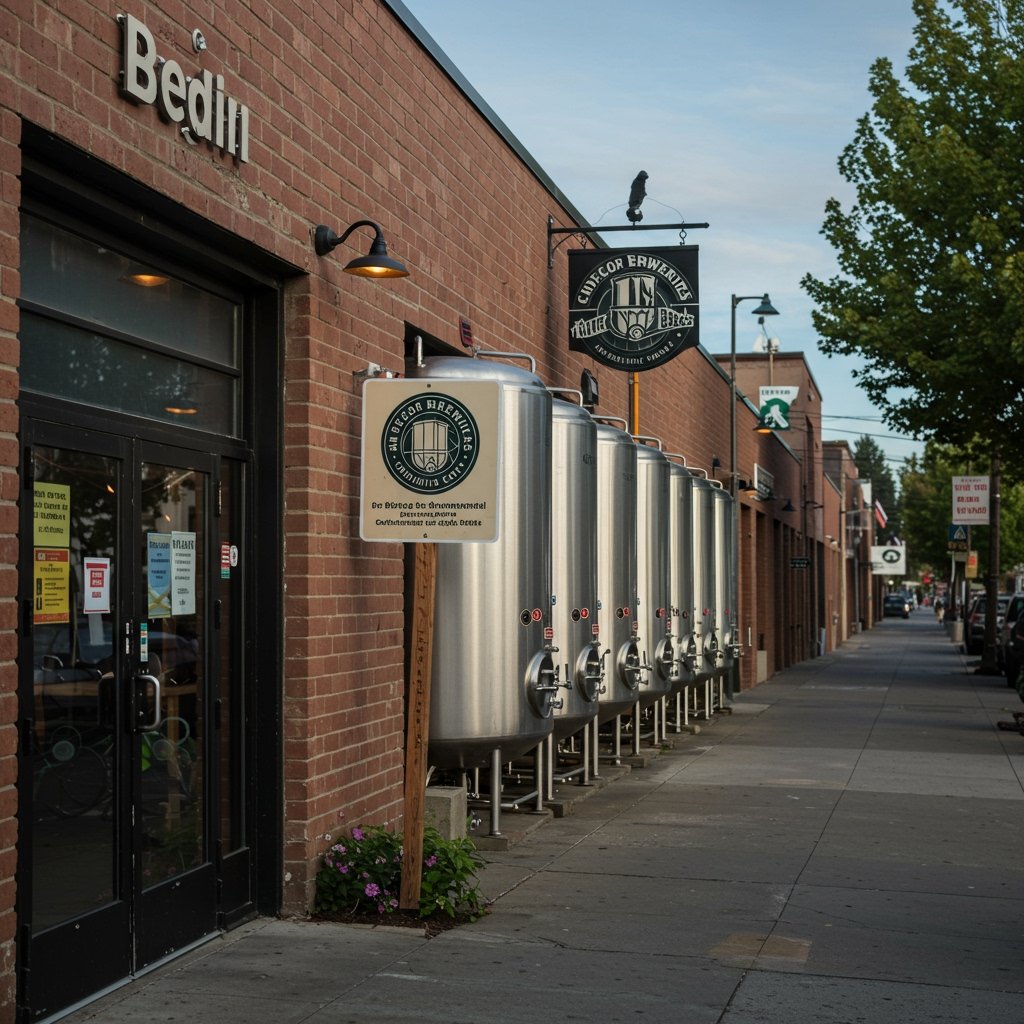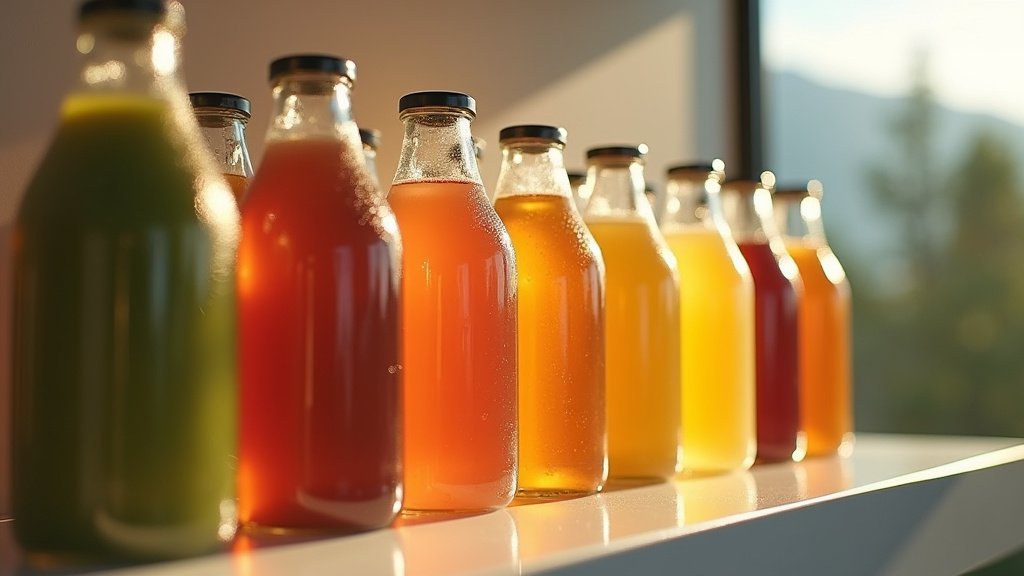Oregon Environmental Bill Nears Passage, Impacting Breweries
State lawmakers in Oregon are poised to approve significant environmental legislation this week, with House Bill 3015 rapidly advancing through the legislative process. The measure is designed to impose new environmental standards on various industrial facilities across the state. Among those directly impacted by the impending regulations are Oregon’s numerous craft breweries, a vibrant and economically significant sector of the state’s economy.
HB 3015 specifically mandates enhanced wastewater treatment protocols for facilities meeting certain criteria, which many brewing operations are expected to fall under. This translates directly into a requirement for significant infrastructure upgrades at brewery sites to meet the new standards before discharging water.
Brewing, by its nature, is a water-intensive process that generates wastewater containing various organic compounds, solids, and fluctuations in pH. While breweries already comply with existing municipal or state wastewater regulations, HB 3015 is set to elevate these standards, necessitating more sophisticated treatment processes at the source before wastewater enters the public sewer system or is discharged elsewhere. This could involve installing new tanks, filtration systems, monitoring equipment, or chemical treatment processes, depending on a brewery’s current setup and the final detailed requirements stemming from the bill.
Financial Burden on Breweries
The financial implications of these new mandates are a significant concern for the industry. Initial estimates provided by the Oregon Brewers Guild suggest that compliance costs could average between ‘$15,000’ and ‘$30,000’ per brewery. This figure represents the potential investment required for the necessary infrastructure upgrades and initial compliance measures.
For larger breweries with substantial capital reserves, this cost may be manageable. However, the Oregon Brewers Guild highlighted that the financial burden poses a substantial challenge, particularly for smaller brewing operations. Specifically, breweries producing under 10,000 barrels annually are anticipated to feel the pinch most acutely. These smaller businesses often operate on tighter margins and have less access to capital for unexpected, significant expenditures like environmental infrastructure upgrades. The estimated compliance cost could represent a considerable percentage of their annual operating budgets or potential profits, forcing difficult decisions about investment priorities.
This potential financial strain comes at a time when the craft beer market is highly competitive, and breweries are still navigating post-pandemic economic conditions, including rising ingredient costs and supply chain challenges. Adding a mandatory, potentially five-figure investment for environmental compliance could divert funds from other critical areas such as hiring, market expansion, equipment upgrades related to production efficiency, or innovation in brewing processes and products.
Industry Reaction and Environmental Goals
The legislative push for HB 3015 reflects a broader state commitment to environmental protection, particularly concerning the health and quality of Oregon’s vital waterways. Proponents of the bill argue that enhanced wastewater treatment from industrial sources, including breweries, is crucial for safeguarding rivers, streams, and other water bodies from potential pollutants. They contend that the long-term environmental benefits and public health protections outweigh the short-term costs to businesses.
However, brewery owners and industry representatives express significant worry that the bill, while perhaps well-intentioned, could inadvertently slow industry growth. Their concerns center on the cost burden, which they argue could hinder expansion plans, deter new breweries from opening, and potentially lead to consolidation or even closure for the most financially vulnerable operations. The industry has been a source of job creation and tourism revenue for the state, and there are fears that HB 3015’s requirements could impede this positive economic impact.
Adaptation Timeline and Future Outlook
Should HB 3015 be enacted into law, the new regulations are currently scheduled to take effect in early 2026. This timeline provides businesses with a window to adapt and implement the necessary changes. However, industry stakeholders note that this is a relatively short period, particularly given the potential need for engineering assessments, permitting processes, equipment procurement, and installation, all of which can be time-consuming.
Breweries will need to quickly assess their current wastewater treatment capabilities, understand the precise requirements once detailed regulations are drafted, and secure funding for the necessary upgrades within this timeframe. The coming months will likely involve close collaboration (or negotiation) between the Oregon Brewers Guild, individual breweries, state environmental agencies, and possibly financial institutions to understand the specifics of compliance and explore potential support mechanisms or phase-in options, though none are explicitly guaranteed by the current bill language described.
The passage of HB 3015 represents a pivotal moment for Oregon’s craft brewing industry, balancing environmental stewardship goals with the economic realities faced by businesses, especially smaller independent operators. The coming year will be critical for breweries to prepare for the new era of environmental compliance set to begin in early 2026.




